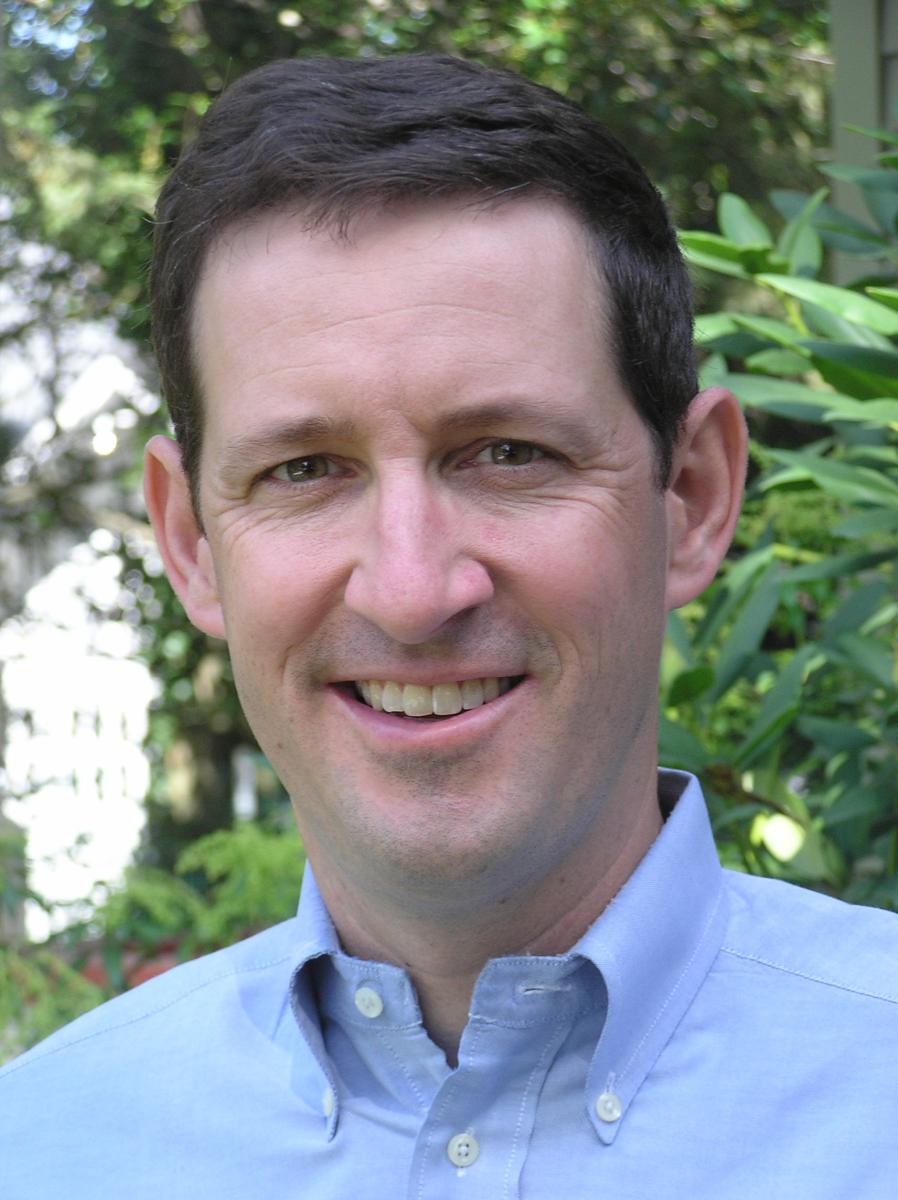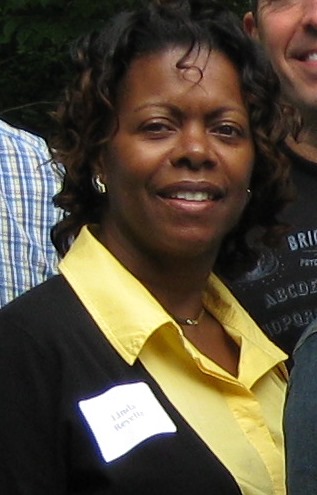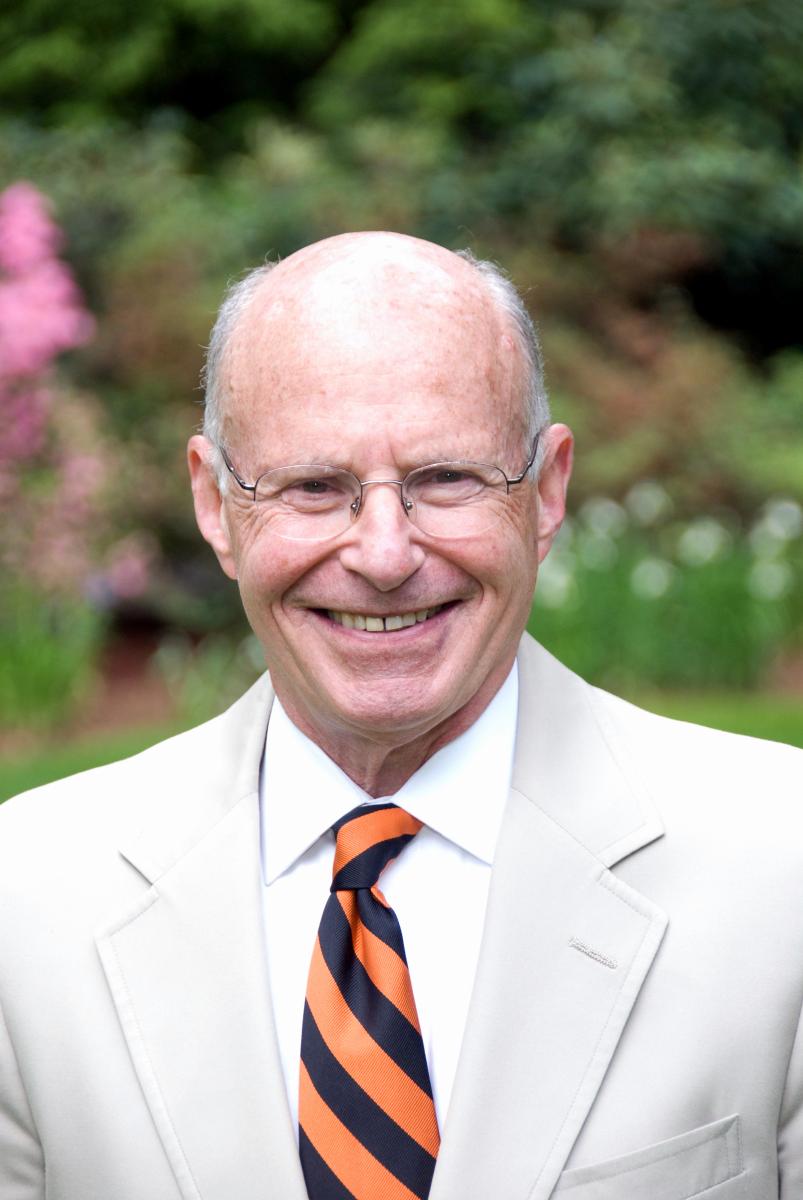Recently, I was asked to give a talk at the United Nations. Titled Sustainable Development: Rethinking Management of Development Organizations, you can read my comments below. The talk will also be published by World Information Transfer in their World Ecology report.
Thank you Dr. Durbak. Good morning, it’s an honor to be here for the first time. For roughly 40 years in the United States, there have been community development organizations. In UN parlance, these are NGO’s, Non-Governmental Organizations, engaged in development work in communities across the country. Up until the recession, there was about 3000 of these organizations, and several hundred of them have gone out of business since the recession. But this is an interesting moment in time to take a look back and see what their impact has been, how they’ve been managed, and how to bring this field to the next generation, which will connect us to the health and environment issues of the conference today. A growing number of groups out there, including our own, are rethinking the way this has been done for all those years and I appreciate the opportunity to talk about this.
So what’s been the results of those organizations across the country? The record is fairly mixed. Some organizations have done a very good job, but overall, these groups have primarily focused on housing. This means when you’re in the midst of a recession like the one we’ve just experienced and the land values get hit hard, those organizations get hit hard. It also means if they’re just addressing housing, that they’re not addressing some other critical community needs.. The notion of these communities as complex systems sort of flies in the face of organizations that focus on just housing, with the hope that broader redevelopment and revitalization will occur.
Isles is an organization that builds homes, and we seek to do it in places that matter. But we have a different mission. Our mission isn’t to build homes for people who need it – our mission is to foster self-reliant families in healthy sustainable communities. In effect, this nine word mission holds two buckets, family self-reliance and healthy sustainable communities. So at the end of the day, at the end of the year, that’s what we care about.
Over thirty two years we’ve asked one question, what is the most powerful cost effective way to get to our mission? Those things involve developing homes, parks, urban agriculture, and more. We also offer services that foster self-reliance, like financial services for people who get into debt, education and job training, and other interesting financial products. We also work to train young people who have dropped out of school. In Trenton, for example, only 48% of the freshman that enter high school will graduate in four years. We have this enormous challenge of finding new ways to educate these young people who are enormously impactings our neighborhoods. We also are training them in construction trades. For adults with a high school diploma, we have a green job training facility, targeting solar panel installations, environmental cleanup and energy efficiency work in buildings.
So why care about this stuff? Why care about urban areas and sustainability? Well, more than half the planet lives in cities. High density communities, like cities and older suburbs, have the lowest carbon footprint. Even the most energy efficient house out in the suburbs with a Prius, has a larger footprint than folks in the inner city that can walk back and forth to work, to schools, and to local stores. Unhealthy cities, especially in places like New Jersey, are driving sprawl. Families are fleeing these areas, and I’ll talk a little more about that flight. But that is gobbling up the open spaces and people are continuing to vote with their feet, moving out into places where it’s making it harder and harder to provide public transit and to deal with the sustainability issues long term. We also have an interesting political alignment that’s happening, which is families are fleeing the cities, moving into first ring suburbs, creating opportunity for both the first ring suburbs and inner cities populations to come together. It’s been an interesting thing to witness what has happened at the federal level, with the Obama administration, and where politics are aligning there around the suburbs and the critical nature of these swing districts. But for a variety of reasons, it’s important that we link the suburbs now with inner cities.
A quick glimpse of what’s going on in our town shows that, from 1940 to today, Trenton’s population has shrunken over 25%, while the suburbs have grown over 40%.. This is the picture of suburban sprawl, which we need to stop if we care about sustainability. It’s bottoming out it seems, but that’s almost entirely due to international immigration.
Environmental threats to those that remain are very real. In particular, by far the most dangerous place for a child to be, is in their home. We have tested roughly 3000 homes in the city of Trenton alone — about 12 % of the city’s total number of units. This cross sampling includes units that are in poor condition, as well as standard, middle class units. We found that roughly 66 percent are too poisonous for children to be in because of the lead and dust in the homes. Children aren’t getting poisoned by chewing on base boards,, they are victims of the piece of cheese, or banana falling on the floor or countertop. This is important because most think that I former industrial sites, or brownfields are dangerous, not homes. In the Trenton school system, roughly 38 % of all students are lead poisoned, so it’s impacting their IQ and behavior.
We also have heat islands, where the thermal mass, combined with the absence of vegetation, makes the sidewalkshotter by 10 to 12 degrees in some parts of the city at the same time. By overlaying a map of vegetation, and a map of the poorest neighborhoods, you find that the poorest are the ones with the least vegetation and in turn, they are the hottest. The implications of that are perhaps self-evident for utility costs as well as behavior outcomes. We must find ways to cool cities.
We train young people in the construction trades while they obtain a high school diploma. In addition to academics and vocational training, students learn ife skills as they engage in housing and community development in their own neighborhoods.
You can’t talk about self-reliance without talking about money, and how to build assets. Isles promotes savings accounts, home ownership, debt reduction and building family financial capability..
Isles’ Center for Energy and Environmental Training (CEET) works with employers to design green job training for unemployed, under employed and incumbent workers. We also run a subsidiary, called E4, which trains and hires local residents who assess and renovate houses, making them energy efficient and healthy. Where it gets really interesting is when we can combine clean-up of houses, eliminating the lead threats, and weatherize them at the same time. The scopes of work are related enough that in a very cost effective way, we can impact lots of occupied homes that are underperforming and threatening the occupants. Finally we have an arm of the organization focused on community planning and development. We train residents and stakeholders to design master plans, asking questions like What should happen on our neighborhood both from a land use and social services perspective. We also use master planning as a way to train people to make decisions as a group, to understand that the loudest doesn’t win, to understand what the implications are for decision making long term and then to help implement plans once they’re made.
Green buildings and parks helps us reduce long term operating costs for communities and increase the quality of life for people – so they don’t have to flee. We’ve developed 500 homes in the city of Trenton, we’ve converted former factory buildings into mix-use facilities, and we grow lots of food in sixty school and community gardens. De-populated cities leave behind more vacant land, creating the opportunity to grow tens of thousands of pounds of food, bringing important public health benefits, especially child health outcomes.
So how do you manage organizations to foster self-reliance rather than taking care of poor people? How do you manage caring staff who really want to help, when that help can actually hurt the cause of self-reliance? These are not easy questions. We need to create a culture that provides services, products and tools that others choose to use and that foster self-reliance. Even our language is important. We’ve tried to extricate the words program and clients from our lexicon We now use customers and products.
We also talk about regional forces that undermine our local work, because you cannot address some of these problems by just working locally. We’ve founded a state-wide NGO called Building One New Jersey to organize at the suburban level allowing leaders in the suburbs to come together with leaders from the city to make decisions and address those regional forces at a regional level.
We have to be able to not just do stuff, because doing stuff is important, but the real magic here is in the learning, in the thinking process. We don’t typically get funded to think, we get funded to do things. Our job is to be as smart as we can while we are doing things, so we can manage data, manage contacts, (we use salesforce.com now), and integrate this thinking across the organization and devisebetter success measures as a result.
Diverse funding matters a lot. In fact, the only way to retain integrity in this work is to not rely on one source of funding. Isles has 300 plus different institutional sources of funds and contributions, private and public. Less than half of our money comes from the public sector, and that enables us to keep our eyes on the prize. We also have to think about economies of scope, not just economies of scale. We all understand that if you increase your production, unit costs tend to go down. Economists understand that very well, but there is something else going on here. By operating these multiple services under one roof, we create economies of scope. It’s a lot simpler to have one president, one administration, under one umbrella, and encourage these diverse, self-help activities to bump into each other. This way we can learn how to integrate the health of the home with the energy efficiency of the homes and training local and young people in that process. It becomes much cheaper to do it this way, but we don’t understand it well enough. Our success measures will have to be better developed.
Finally, the role of the environment. It’s very important for us not to separate out critical issues, development, people who are in need from the critical issues of the environment. It allows us to not just improve health outcomes by taking away the environmental haphazard, but also allows us to connect up to the environmental community. Lastly, there are the key decision points. For us, we have to take ideas, what are the best ideas from around the world and around the country, and then figure out how to move those into developing services. Finally, what is our contribution to a broader change in agenda? Is it the technical assurance to others or the policy changes? I appreciate the opportunity to be here with you today, thanks a lot.

 Ms. Nora E. Brennan is the Vice President and Treasurer of Integra LifeSciences Corp. Her responsibilities include all management of the global treasury operations, including debt and equity financing, global cash management, investments, foreign exchange and interest rate risk management, and banking relationships. Prior to joining Integra, Ms. Brennan worked as a Director at Citigroup in the Global Equities Division and as a Vice President at JPMorgan Chase & Co. Ms. Brennan received a B.A. degree in Economics from the University of Illinois and a M.B.A. from the University of Chicago, Graduate School of Business.
Ms. Nora E. Brennan is the Vice President and Treasurer of Integra LifeSciences Corp. Her responsibilities include all management of the global treasury operations, including debt and equity financing, global cash management, investments, foreign exchange and interest rate risk management, and banking relationships. Prior to joining Integra, Ms. Brennan worked as a Director at Citigroup in the Global Equities Division and as a Vice President at JPMorgan Chase & Co. Ms. Brennan received a B.A. degree in Economics from the University of Illinois and a M.B.A. from the University of Chicago, Graduate School of Business. Mr. Sean Jackson
Mr. Sean Jackson Ms. Linda Revelle
Ms. Linda Revelle Mr. Henry Von Kohorn founded and managed his own real estate investment company for more than 25 years after having worked at Goldman Sachs. He is the immediate past president of the Princeton University Alumni Association and founded and chaired the Princeton Prize in Race Relations. He also served as board chair of Greens Farms Academy, located in Westport, Connecticut. Henry is a graduate of Princeton University, holds an MBA from Columbia University, served as an officer in the US Army, and currently resides in Princeton, New Jersey.
Mr. Henry Von Kohorn founded and managed his own real estate investment company for more than 25 years after having worked at Goldman Sachs. He is the immediate past president of the Princeton University Alumni Association and founded and chaired the Princeton Prize in Race Relations. He also served as board chair of Greens Farms Academy, located in Westport, Connecticut. Henry is a graduate of Princeton University, holds an MBA from Columbia University, served as an officer in the US Army, and currently resides in Princeton, New Jersey.